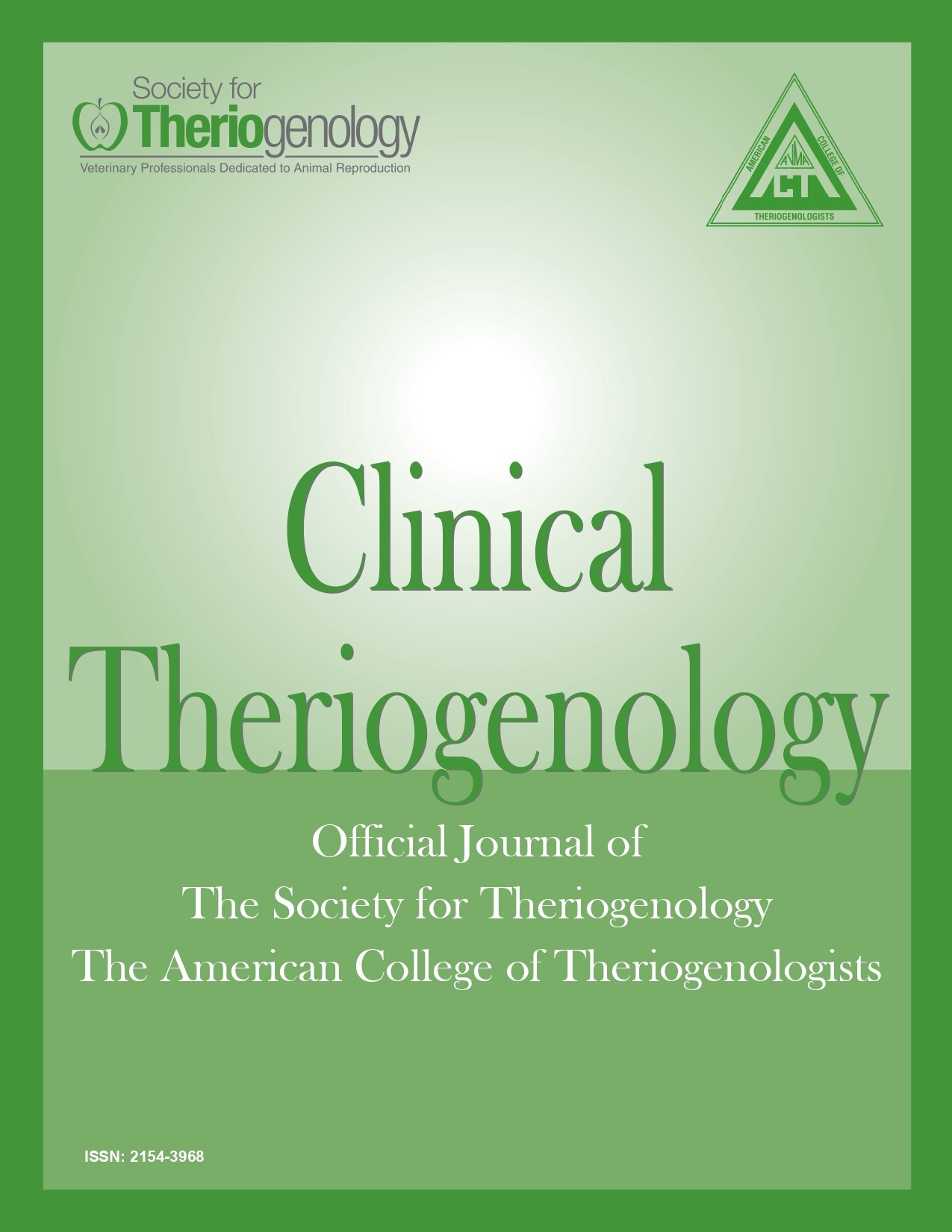Unnatural selection? Considerations in canine and feline genetic counseling
Abstract
Molecular genetics and growing availability of molecular technologies are expanding exponentially, pushing boundaries of modern medicine. These bring continued challenges for veterinary genetic counseling which often falls behind human counterparts. There is an increasing need for veterinarians to not only understand this technology, but also to counsel clients to use it appropriately and be an informed voice in current political and socioeconomic debates. A basic understanding is important for veterinarians to use available technologies to control genetic diseases while maintaining genetic diversity in population. Veterinarians, particularly reproductive veterinarians, are in a unique position to bridge the knowledge gap between advancements in genetic science and clinical applications in small dog and cat breeding operations. Veterinarians can help breeders utilize tools such as estimated breeding values, inbreeding or heterozygosity estimates and mutation based genetic disease tests optimally in their breeding programs. There is a critical need to understand that mistakes of past should be replaced by exciting technological advances of future to implement breeding strategies that will more effectively reach small animal breeder’s goals of producing dogs and cats that not only are what is desired for appearance, temperament, and workability, but also live long and healthy lives.
Downloads

This work is licensed under a Creative Commons Attribution-NonCommercial 4.0 International License.
Authors retain copyright of their work, with first publication rights granted to Clinical Theriogenology. Read more about copyright and licensing here.





